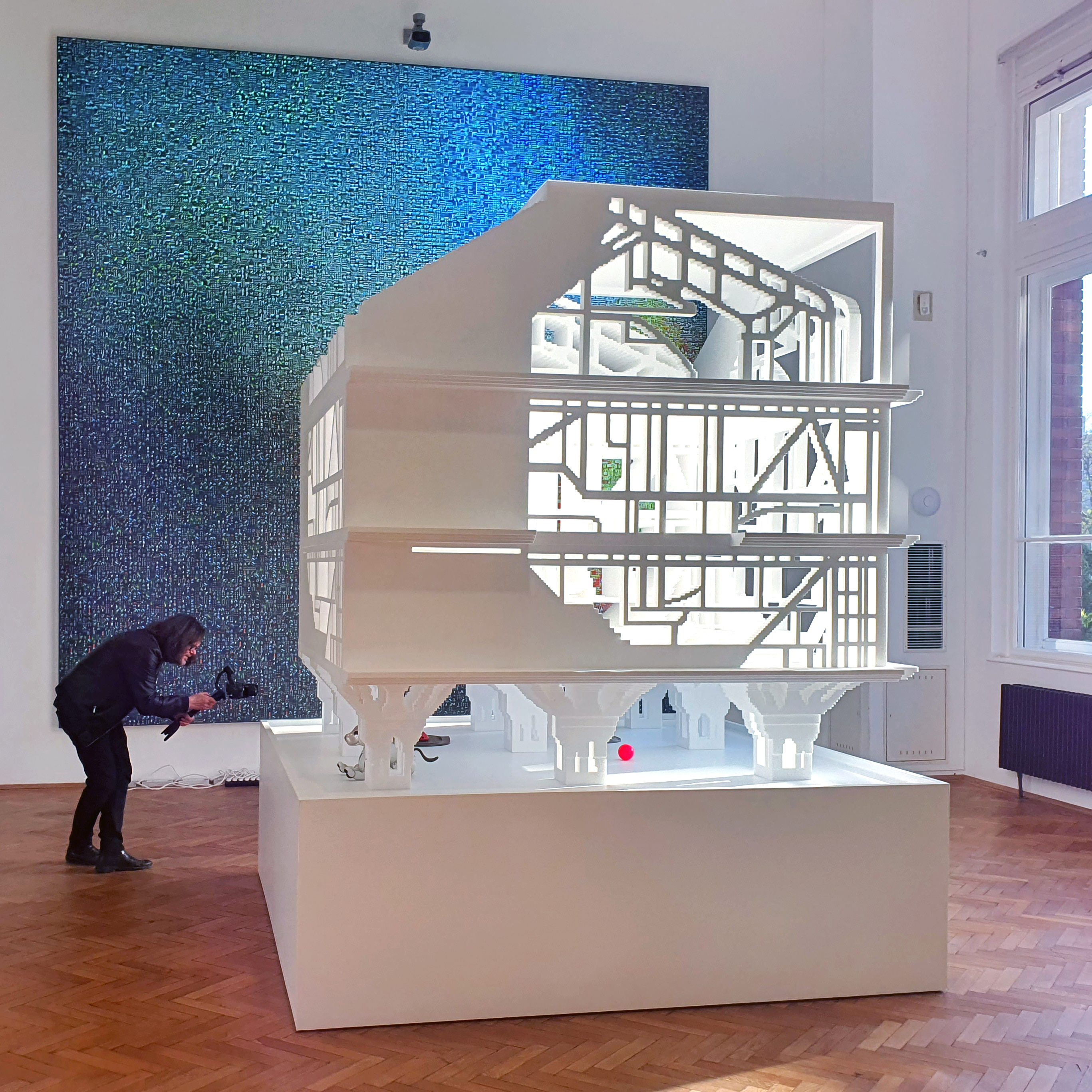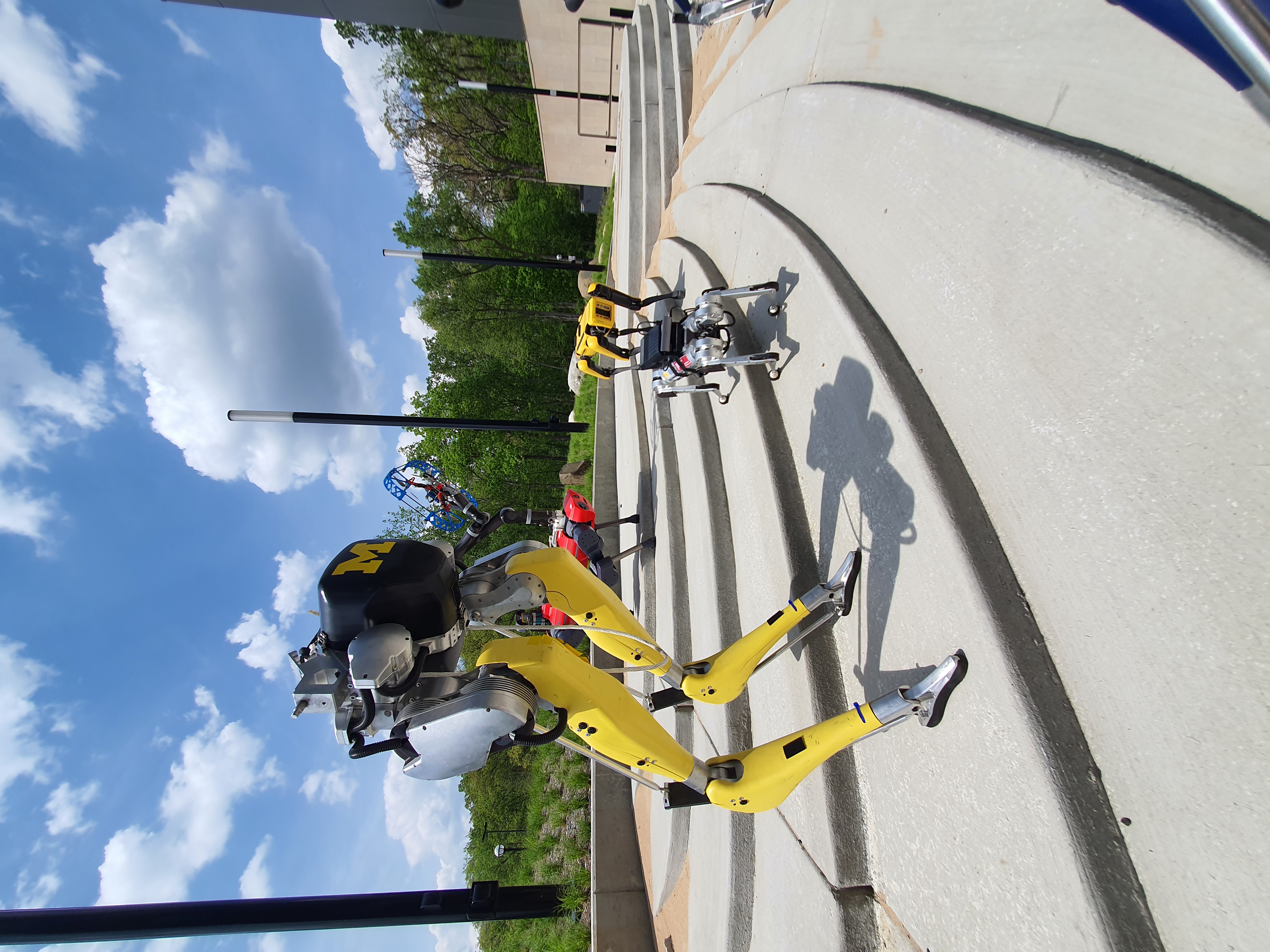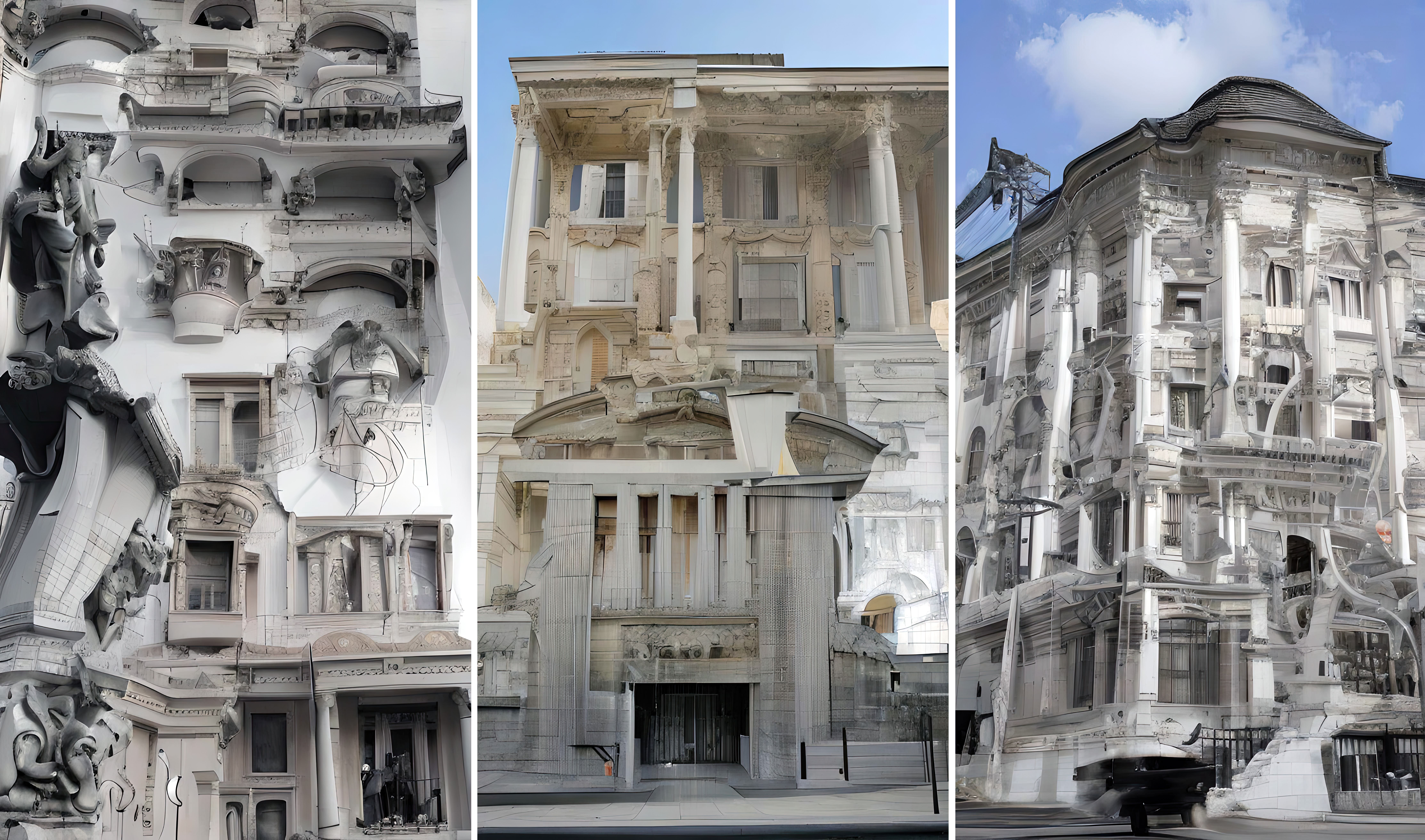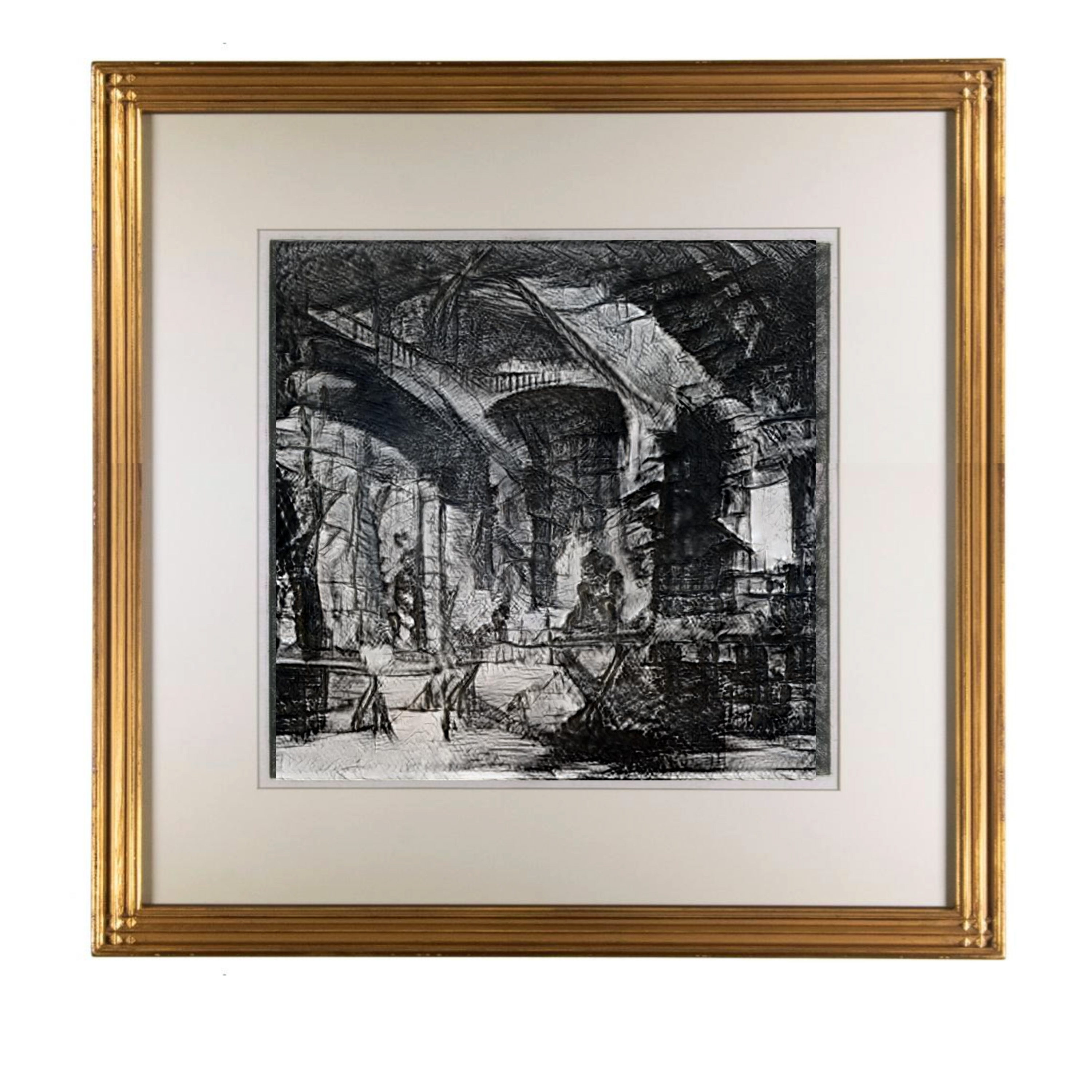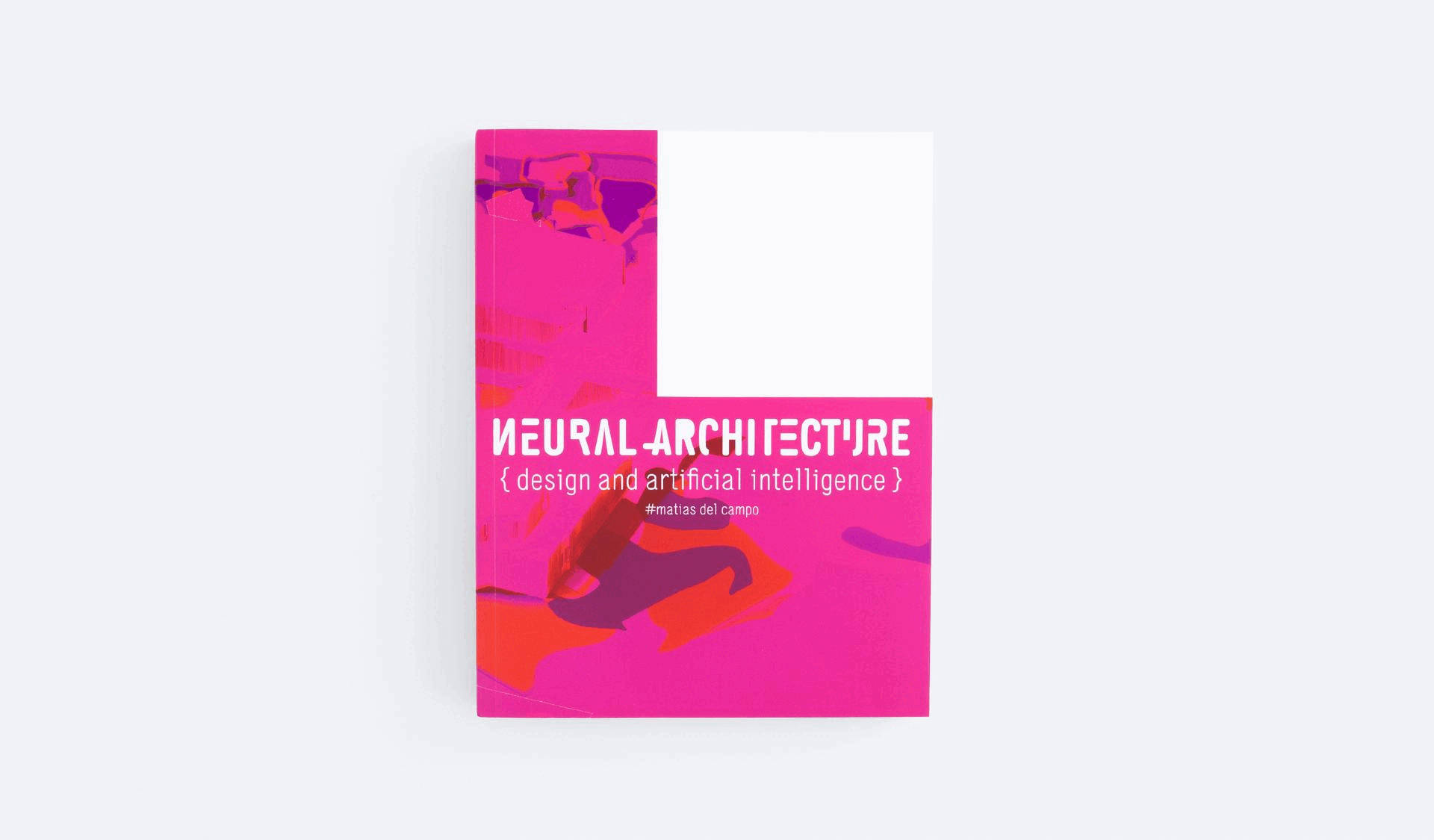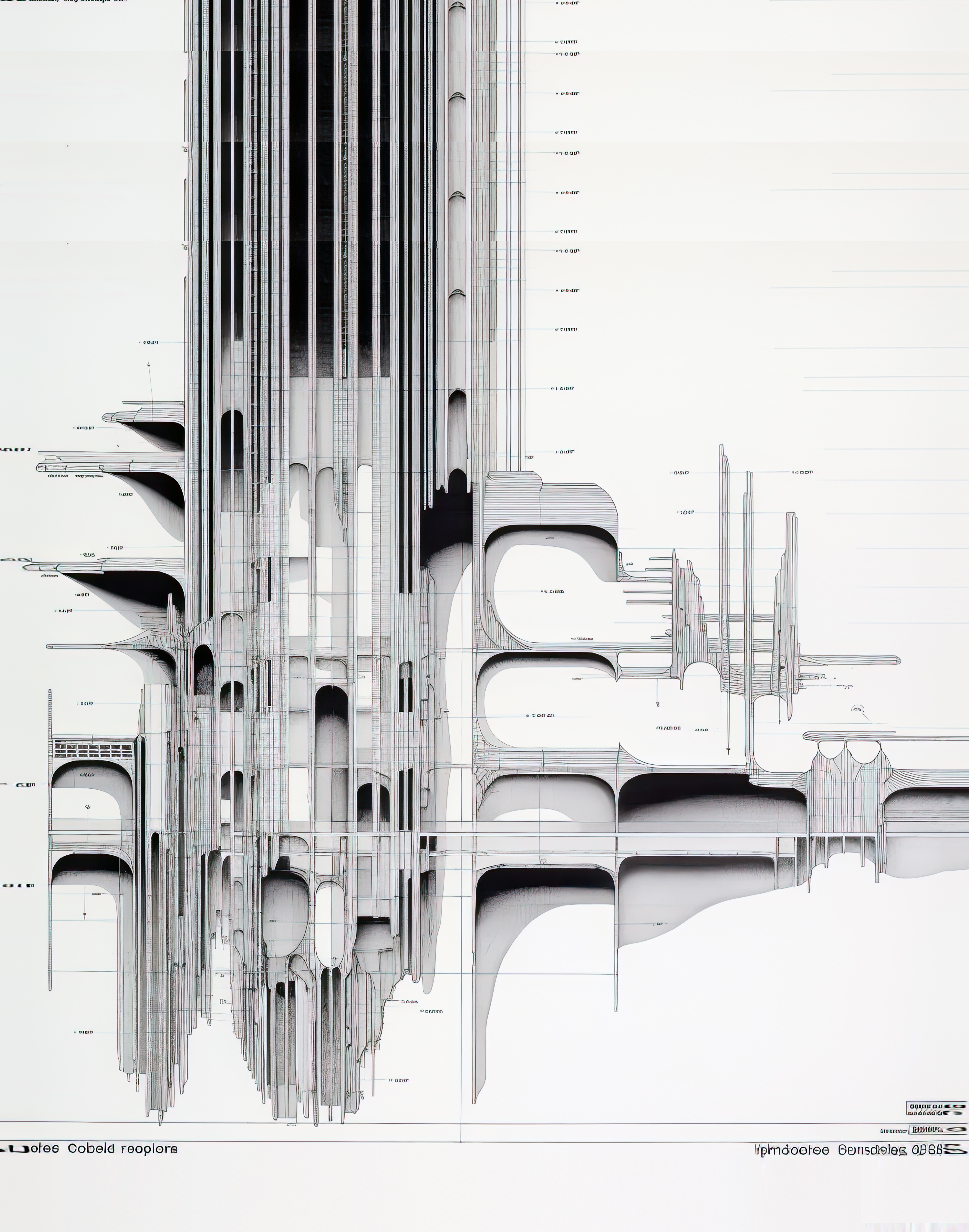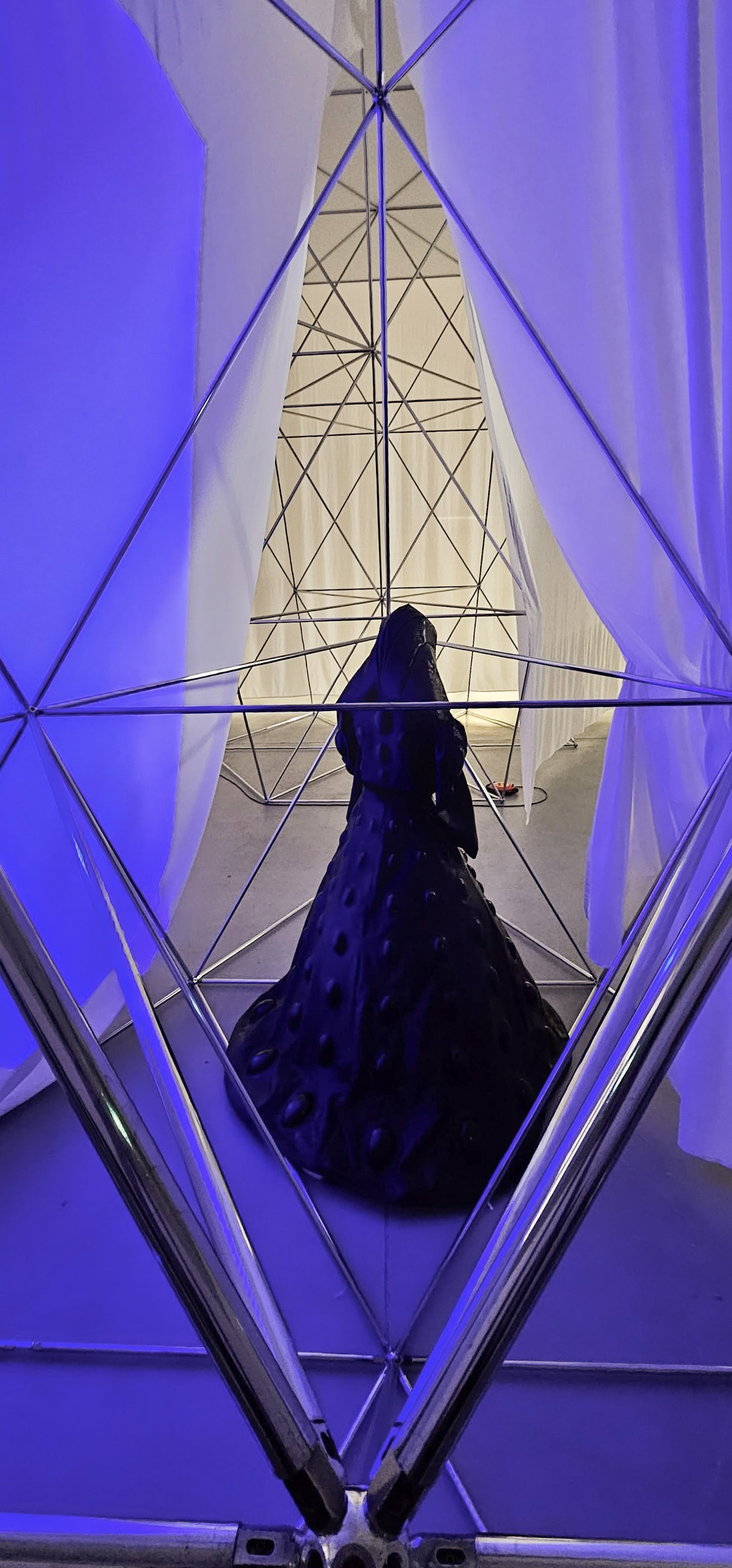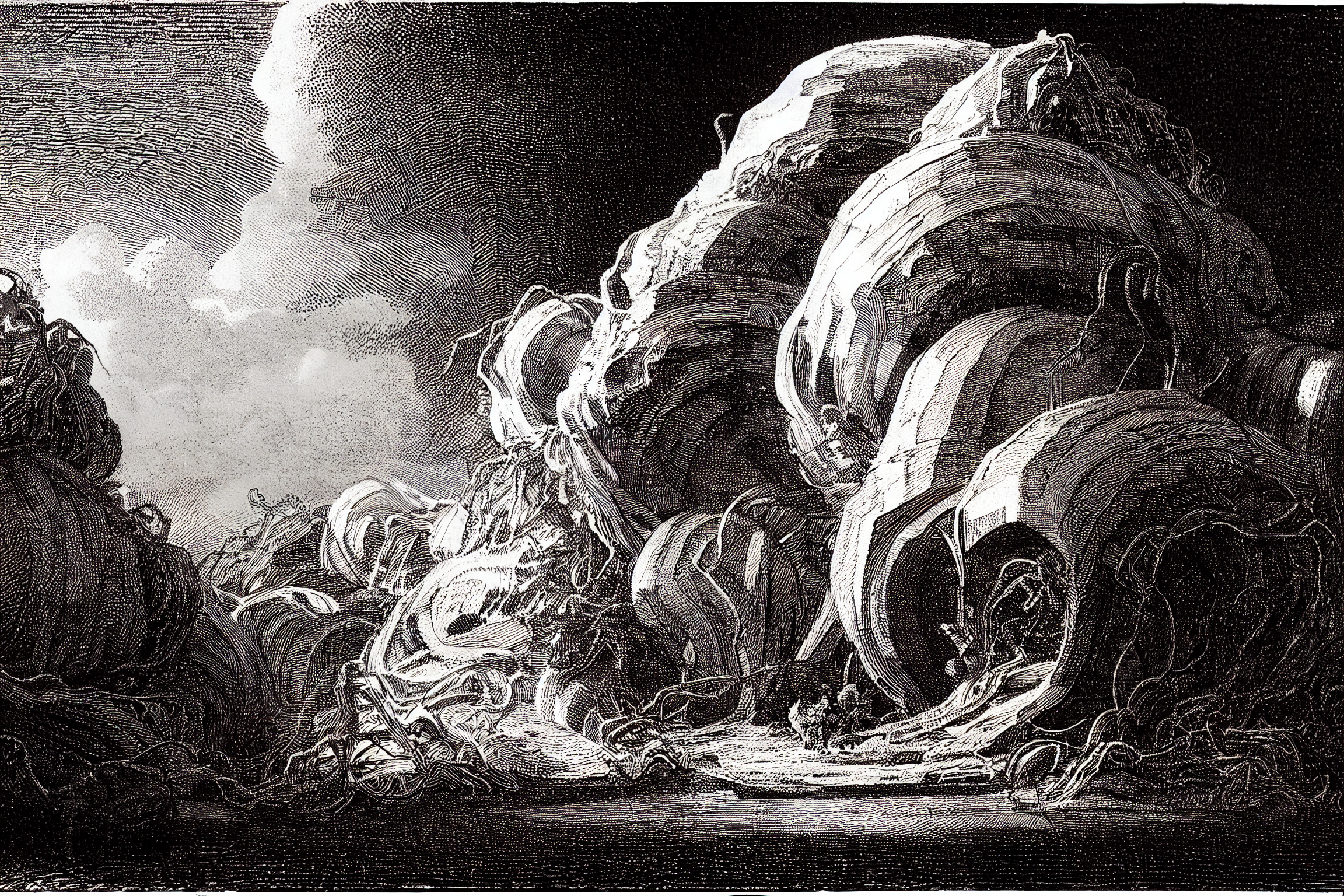
AI as Cultural Technique: A Theory Workshop
Registration Link
Workshop Registration opens September 8th, 2025! Click the link above to be notified when registration becomes available.
Refund and Change Policy
Important: Refund and change requests will not be accepted beyond Monday, October 20th.
Location : Online
Workshop Team
Matias del Campo
Affiliation: Associate Professor, New York Institute of Technology
Bio: Architect, theorist, and researcher, Matias del Campo explores AI-driven generative design and the intersection of architecture, computation, and cognition. His work examines the role of artificial intelligence as an epistemic shift in design thinking and authorship.
Teaching Examples: Courses and lectures on AI and architecture at leading institutions.
Sandra Manninger
Affiliation: Associate Professor, New York Institute of Technology
Bio: An architect and computational designer, Sandra Manninger’s research investigates digital design methodologies, AI-driven aesthetics, and architectural semiotics. She has conducted numerous workshops and studios on the evolving role of AI in architectural discourse.
Workshop Description
Artificial Intelligence is neither neutral nor passive. It mediates architectural knowledge, reorganising design as an epistemic, aesthetic, and ontological condition. This workshop critically examines AI’s historical, theoretical, and ethical dimensions, framing it not merely as a generative tool but as a cultural technique that structures architectural thought and practice.
Drawing from precedents in computation, cybernetics, and digital aesthetics, participants will interrogate how AI reconfigures architectural classification systems, typologies, material logics, representation, and authorship. The workshop explores AI’s potential to generate resilient, regenerative, and plural design practices while scrutinising its reliance on extractive computational economies, embedded algorithmic biases, and the automation of creative labour.
It asks: What forms of knowledge does AI privilege or exclude? How does it encode historical classifications, and to what extent does it enable architectural estrangement, novelty, or speculative agency? What are the political, ecological, and ethical stakes of outsourcing design intelligence to algorithms trained on biased or incomplete datasets?
Through a combination of lectures, reading discussions, and critical case studies, participants will analyze AI’s ontological consequences, engage with its environmental and energetic costs, and examine its transformative impact on creative agency, disciplinary frameworks, and aesthetic trajectories. Rather than focusing on operational software proficiency, this workshop builds conceptual and analytical frameworks situating AI within broader cultural, historical, and theoretical contexts.
Participants will leave with a critical vocabulary and reflective toolkit for integrating AI into their own research and practice, understanding it as an infrastructural condition that both extends and challenges architecture’s intellectual foundations. The workshop is open to students, educators, and practitioners seeking to situate their AI explorations within wider disciplinary, societal, and ecological narratives, repositioning machine intelligence as a site of critical speculation, resistance, and transformative possibilities in architectural thinking.
Key Learning Outcomes
- Critically understand AI as a cultural technique structuring architectural knowledge, aesthetics, and ontologies
- Situate AI within historical and theoretical frameworks of computation and cybernetics
- Analyze AI’s epistemic and ontological impacts on design classification and representation
- Develop ethical frameworks addressing AI’s environmental costs, biases, and extractive economies
- Evaluate AI’s potential to reinforce or destabilize typologies towards plural, regenerative practices
- Cultivate architectural literacy to integrate AI as an epistemic infrastructure shaping design agency and practice
Workshop Schedule
Day 1 – Monday, Nov. 3 (9:00 am - 5:30 pm)
Day 2 – Tuesday, Nov. 4 (9:00 am - 5:30 pm)
Day 3 – Wednesday, Nov. 5 (9:00 am - 5:00 pm)
Day 1 – Monday, Nov. 3: AI, History, and the Structuring of Architectural Knowledge
Morning (9:00 am - 12:30 pm)
- Lecture: From Cybernetics to AI: Computation and Architectural Thought
- Reading Discussion: Introduction into Pedro Domingo’s “Master Algorithm”
- Case Study: Taxonomies, Precedents, and Latent Space
Afternoon (3h)
- Seminar: AI and the Reconfiguration of Architectural Authorship
- Roundtable: Memory, Bias, and Training Data Politics
Lunch Break (12:30-1:30 pm)
Afternoon (1:30 pm - 5:30 pm)
- Continuation of Day 1 afternoon sessions
Day 2 – Tuesday, Nov. 4: Theories of AI, Ontology, and Representation
Morning (9:00 am - 12:30 pm)
- Lecture: Ontology and AI – Image, Model, Object
- Reading Discussion: Everything can be an Author? AI and Creative Agency
- Case Study: Diffusion Models and Architectural Form
Afternoon (3h)
- Seminar: The Aesthetics of AI – Estrangement, Computation, Originality and Architectural Fiction
- Roundtable: From Blueprint to Dataset – Ontological Shifts
Lunch Break (12:30-1:30 pm)
Afternoon (1:30 pm - 5:30 pm)
- Continuation of Day 2 afternoon sessions
Day 3 – Wednesday, Nov. 5: AI, Ethics, and the Resilience of Architectural Thought
Morning (9:00 am - 12:30 pm)
- Lecture: Computational Extraction and Environmental Costs
- Reading Discussion: Between The Stack and Atlas of AI, Planetary Intelligence and Ecological Responsibility
- Case Study: Algorithmic Bias and Inclusion Politics
Afternoon (3h)
- Panel Discussion: AI and Architectural Futures: Automation, Labor, and Creative Practice
- Final Reflections: Where Do We Go From Here? Rethinking Computation, Resilience, and Architectural Knowledge
Lunch Break (12:30-1:30 pm)
Afternoon (1:30 pm - 5:00 pm)
- Continuation and final discussion
- 5:00 pm: Workshop outcomes presentation
Workshop Format
Online Workshop - 3 Days, 6 Hours per Day
Prerequisites
- Interest in AI theory and its intersection with architecture
- Openness to critical discourse and theoretical frameworks
- No technical AI skills required - this is a theory-focused workshop
Workshop Outcomes
Participants will leave the workshop with:
- Critical understanding of AI as a cultural technique in architecture
- Historical and theoretical frameworks for situating AI in architectural discourse
- Ethical frameworks for addressing AI’s environmental and social impacts
- Analytical tools for evaluating AI’s role in design classification and representation
- Vocabulary and concepts for integrating AI into research and practice
- Perspective on AI as both a challenge and opportunity for architectural thought
Target Audience
This workshop is ideal for:
- Students and educators in architecture and related fields
- Practitioners seeking to understand AI’s broader implications
- Researchers exploring the intersection of technology and architectural theory
- Anyone interested in critical perspectives on AI in design and culture

